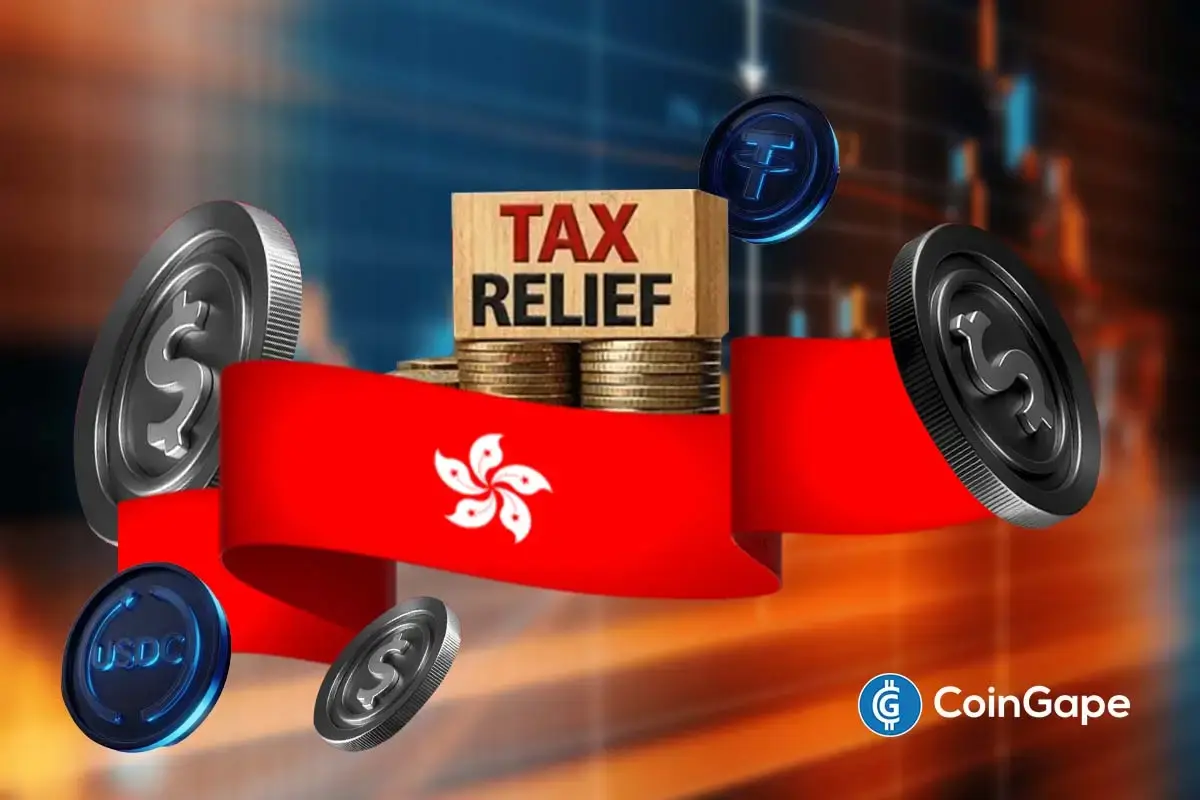Australia Unveils Bold Strategy To Tackle Banking And Crypto Scams

In a significant move to combat the rising threat of scams, the Australian government, through its Treasury Department, has introduced a groundbreaking framework. Notably, this framework, outlined in a recent press release, proposes sector-specific codes and standards to target scams in industries such as banking and cryptocurrency.
Meanwhile, as the nation grapples with an 80% surge in scam losses in 2022, this proactive approach aims to fortify defenses against scammers and protect consumers and businesses alike.
Australia Unveils New Measures To Tackle Scams
Australia’s Department of the Treasury has unveiled a forward-thinking strategy to counter the alarming surge in scams that plagued the nation in 2022. The proposed “Scams Code Framework” introduces a pioneering approach by considering sector-specific codes and standards to combat scams effectively.
Meanwhile, Assistant Treasurer Stephen Jones and Minister for Communications Michelle Rowland announced this comprehensive plan on November 30, emphasizing the need for clear roles and responsibilities for both government and private entities in the battle against banking and crypto scams.
Notably, the consultation paper outlines three primary categories for sector-specific codes, focusing on the sectors most targeted by scammers: banks, telecommunications providers, and digital communications platforms. Additionally, a forward-looking “future sectors” category is proposed, set to encompass emerging areas such as cryptocurrency, nonfungible tokens (NFTs), and related trading platforms and marketplaces.
Also Read: VARA Lists Licensed VASPs with Fasset and CoinMENA Approved for Broker Services
Key Features Of The Framework
The Treasury underscored the urgency of this initiative, citing a staggering $3.1 billion in losses to scams in 2022. Notably, it signifies a notable 80% increase from the previous year.
While existing initiatives have made efforts to address scams, the proposed mandatory industry codes aim to provide a structured and comprehensive approach to delineate responsibilities within the private sector regarding scam activity.
Meanwhile, the Australian government’s move aligns with ongoing efforts by the National Anti-Scam Centre (NASC), which collaborates with entities like the Australian Competition and Consumer Commission, the Australian Securities and Investments Commission, and the Australian Communications and Media Authority.
Notably, with a call for public feedback until January 29, 2024, Australia’s innovative approach signifies a robust attempt to stay ahead of scammers and protect the financial interests of its citizens. This proactive stance could potentially set a precedent for global strategies in countering evolving threats in the digital landscape.
Play 10,000+ Casino Games at BC Game with Ease
- Instant Deposits And Withdrawals
- Crypto Casino And Sports Betting
- Exclusive Bonuses And Rewards

- Breaking: Morgan Stanley Applies For Crypto-Focused National Trust Bank With OCC
- Ripple Could Gain Access to U.S. Banking System as OCC Expands Trust Bank Services
- $2T Barclays Explores Blockchain For Stablecoin Payments and Tokenized Deposits
- Breaking: U.S. PPI Inflation Rises To 2.9%, BTC Price Falls
- XRP News: Ripple-Backed Ctrl Alt Completes $280M in Diamond Tokenization on XRPL
- Top Analyst Predicts Pi Network Price Bottom, Flags Key Catalysts
- Will Ethereum Price Hold $1,900 Level After Five Weeks of $563M ETF Selling?
- Top 2 Price Predictions Ethereum and Solana Ahead of March 1 Clarity Act Stablecoin Deadline
- Pi Network Price Prediction Ahead of Protocol Upgrades Deadline on March 1
- XRP Price Outlook As Jane Street Lawsuit Sparks Shift in Morning Sell-Off Trend
- Dogecoin, Cardano, and Chainlink Price Prediction As Crypto Market Rebounds

 Buy $GGs
Buy $GGs

















